Acupuncture
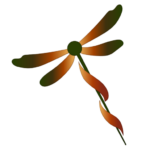
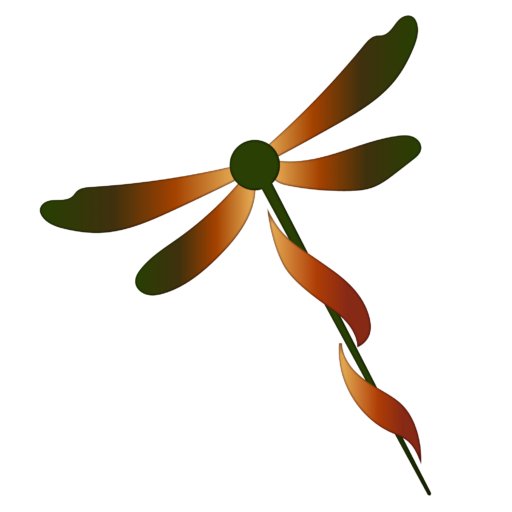
What is acupuncture?
Acupuncture is an essential part of traditional Chinese medicine, a comprehensive system of health care with a continuous written history of over 2000 years. Traditional Chinese medicine includes acupuncture, medicinal herbs, Tui na or medical massage, lifestyle modification, dietary therapy and exercise. All these aspects of the medicine work to influence Qi, the vital energy behind all life forms and life processes.
Is acupuncture painful?
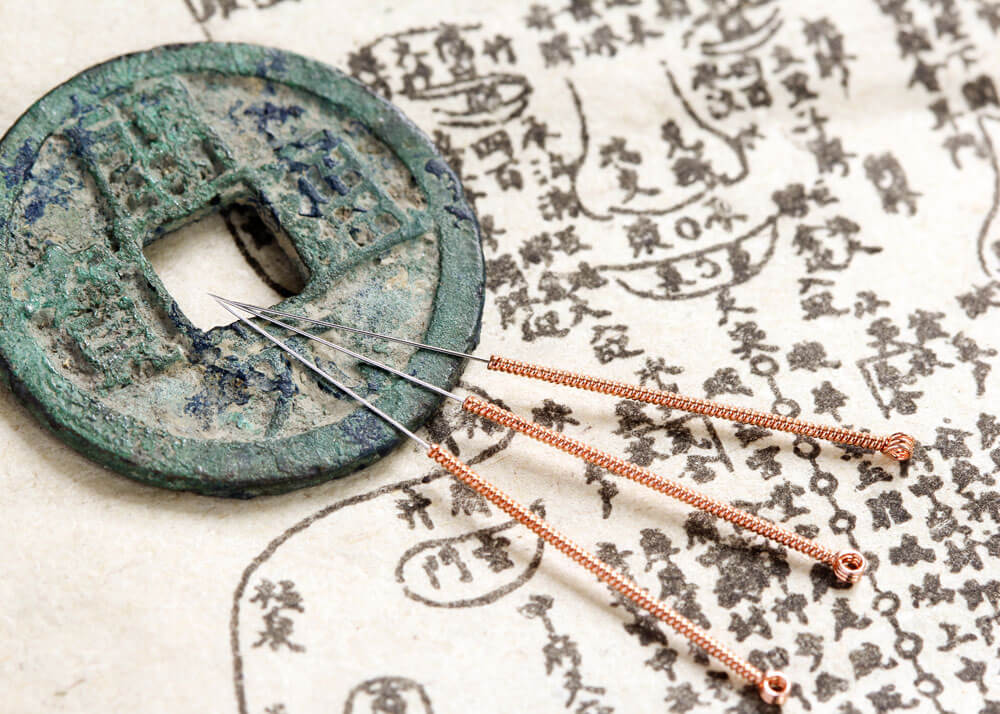
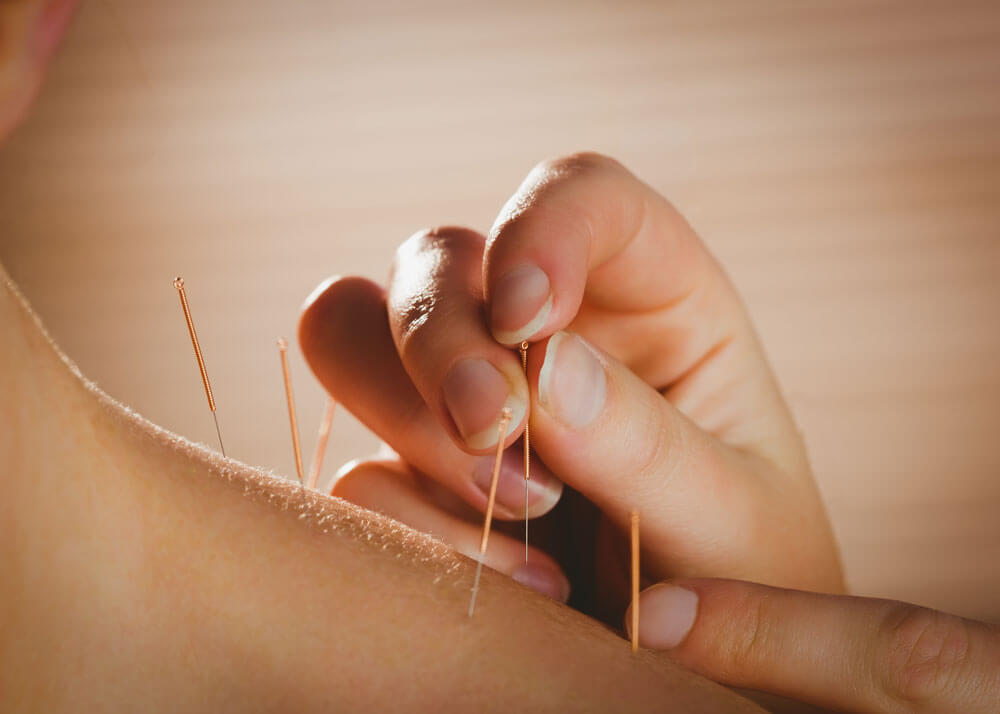
What types of conditions can be treated with acupuncture?
The World Health Organization has an extensive list of conditions for which acupuncture is effective. Here are some of the more common conditions.
How many treatments will I need to have?
It really depends upon your symptoms, the severity, and the length of time you’ve had them. Because acupuncture has a cumulative effect, I encourage you to try at least four treatments to assess the affectiveness of our treatment plan. Visits are spaced one week apart except in cases of severe, acute pain or trauma where frequency may increase to two or three visits per week.
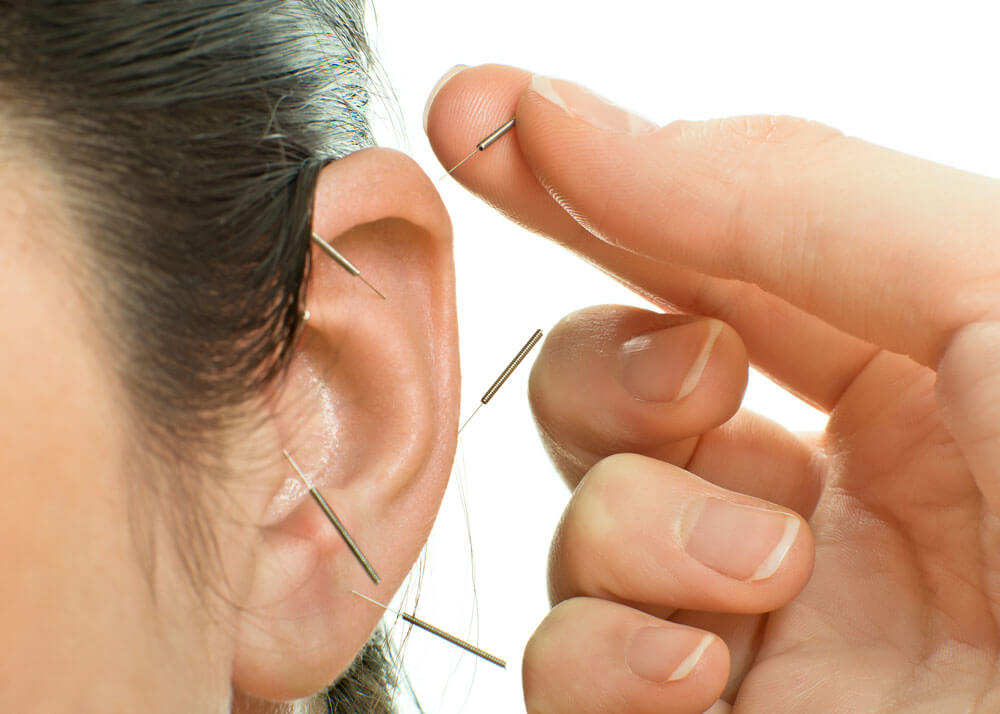
What is Qi (Chi or Ki)?
Qi, pronounced chee, is the vital energy that warms and animates us. We can get Qi from the air we breathe, the food we eat, the lifestyle we lead, or by cultivating it through special exercises. We inherit another form of Qi from our parents.
How does acupuncture work?
Meridians
In developing an understanding of the prevention and cure of disease ancient physicians discovered that Qi flows along specific pathways called channels or meridians. Each pathway is associated with a particular physiological system and internal organ. Disease is considered to arise due to a deficiency or imbalance of energy in the meridians and their associated physiological systems. Disease can arise from internal factors, such as extreme emotions, or external factors, such as trauma, lifestyle or pathogens.
Vital energy points
Acupuncture points are specific locations along the channels where one can access the Qi. Each point has a predictable effect on the vital energy passing through it. Traditional Chinese medicine uses an intricate system of pulse and tongue diagnosis, palpation of the abdomen, points and meridians, medical history, and other signs and symptoms to create a composite medical diagnosis. A treatment plan is then formulated to induce the body to attain a balanced state of health.
Western medicine theories
There are a number of Western medicine theories on how acupuncture works. Cumulatively they indicate that a number of the body’s systems are activated with acupuncture. Studies have measured decreased electrical resistance at the acupuncture points. Thus, there are theories about the nervous system involvement. Studies have shown an increase in endorphins during and following treatment showing neurotransmitter involvement. It has been shown to increase the generation of white blood cells, decrease the inflammation markers in the blood and have a direct response on the immune system. It has also been shown to induce a parasympathetic response in the body, allowing the body to rest and digest. Acupuncture is being used alongside western medicine to help treat multiple stubborn conditions around the world.